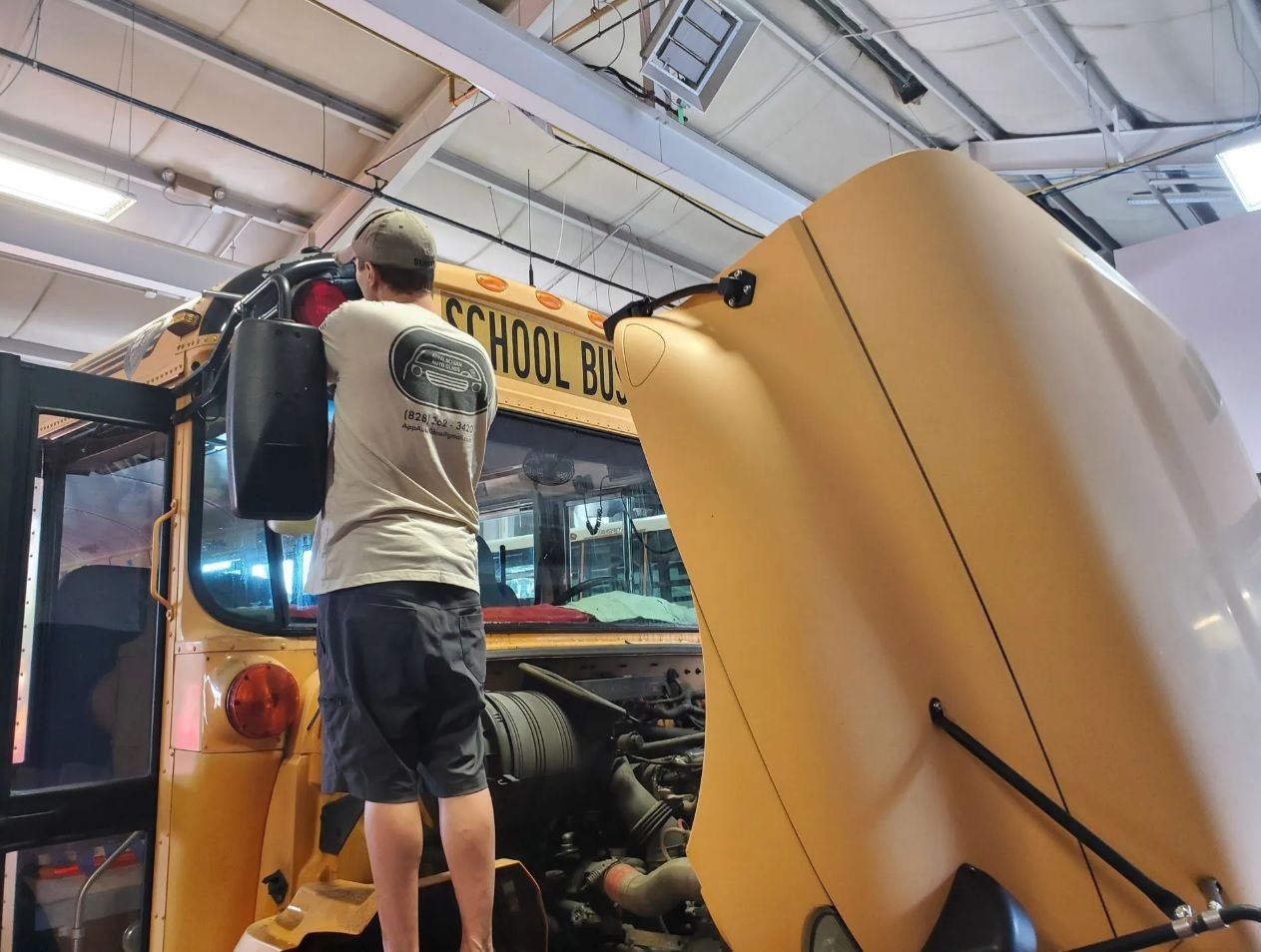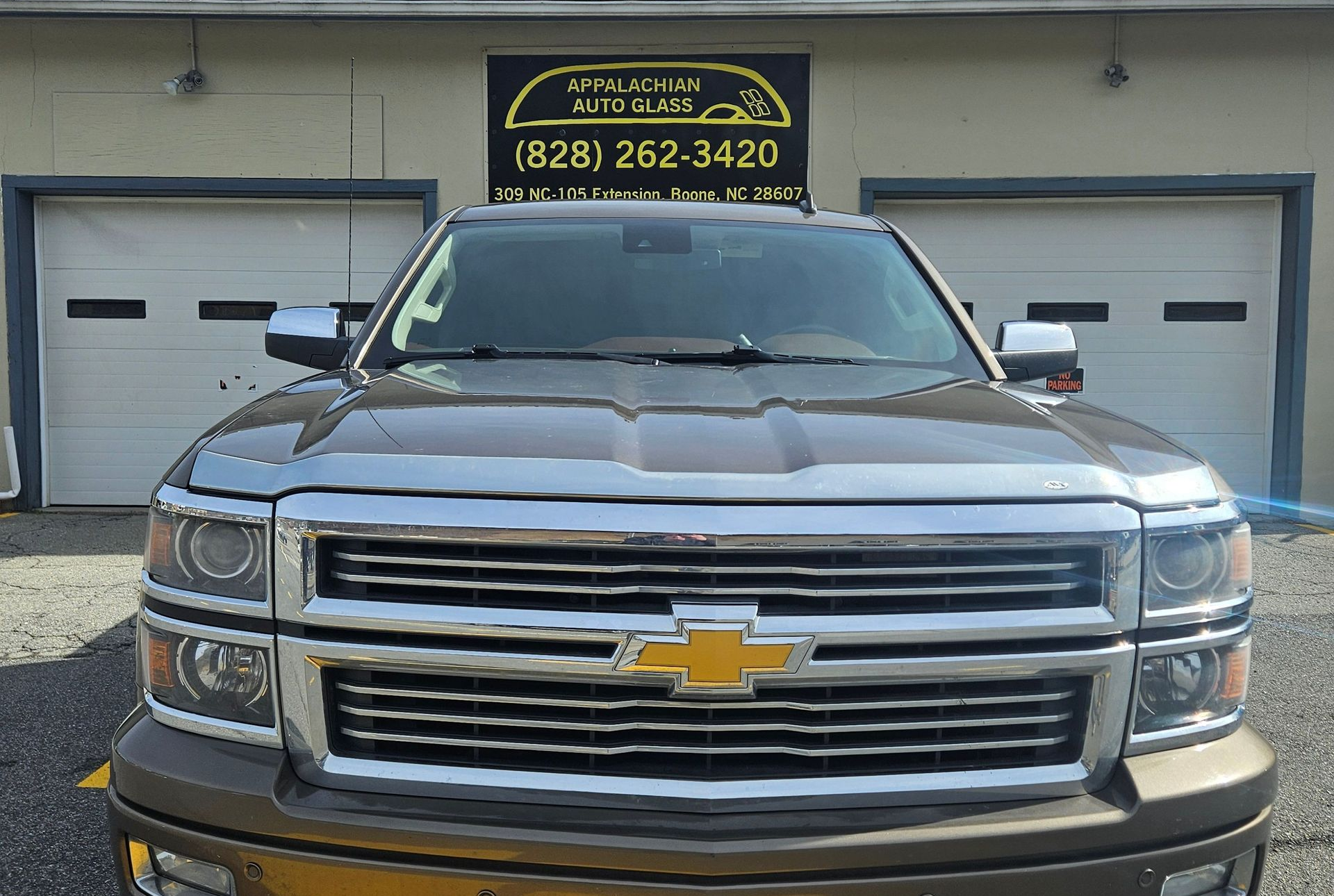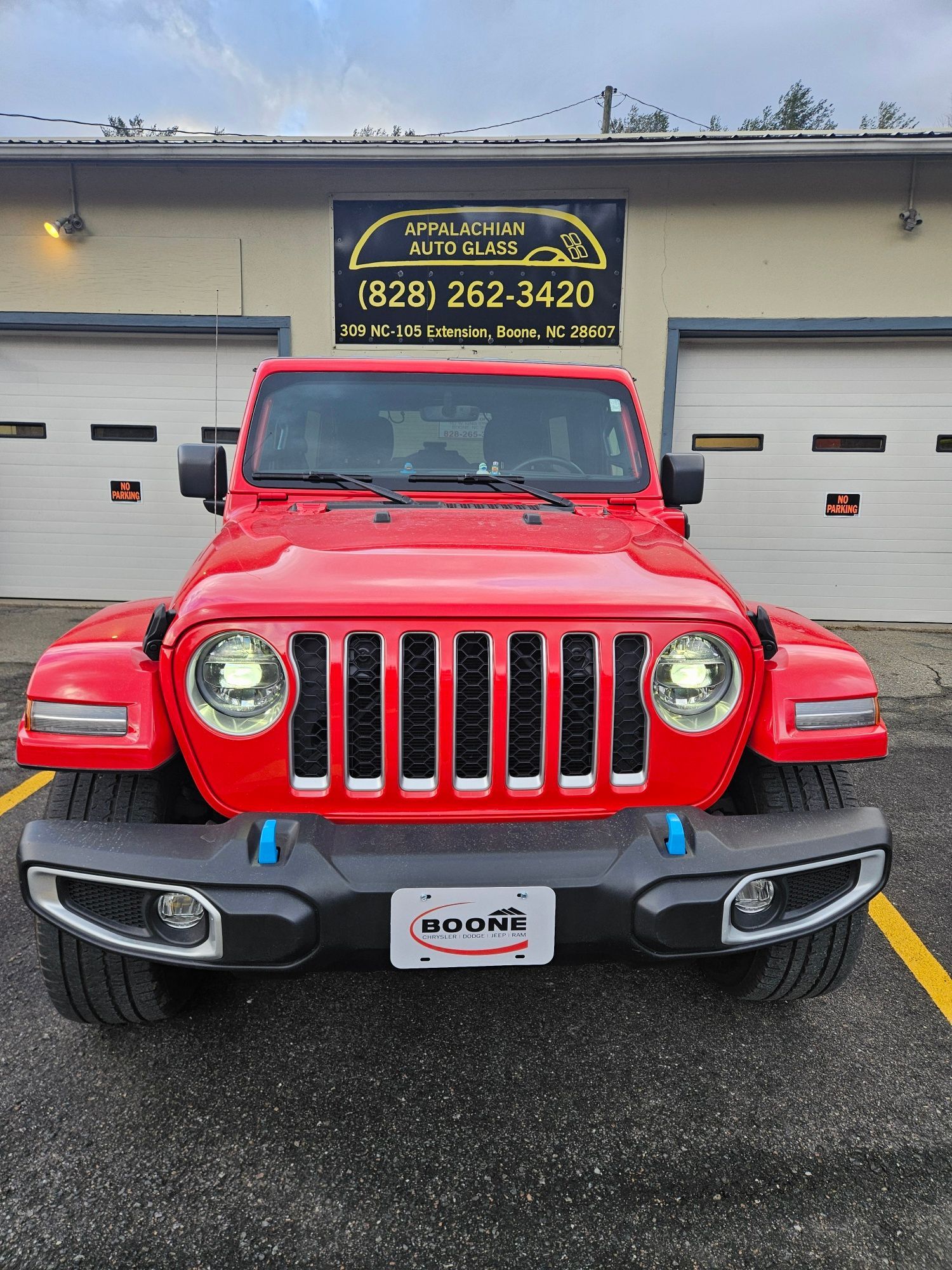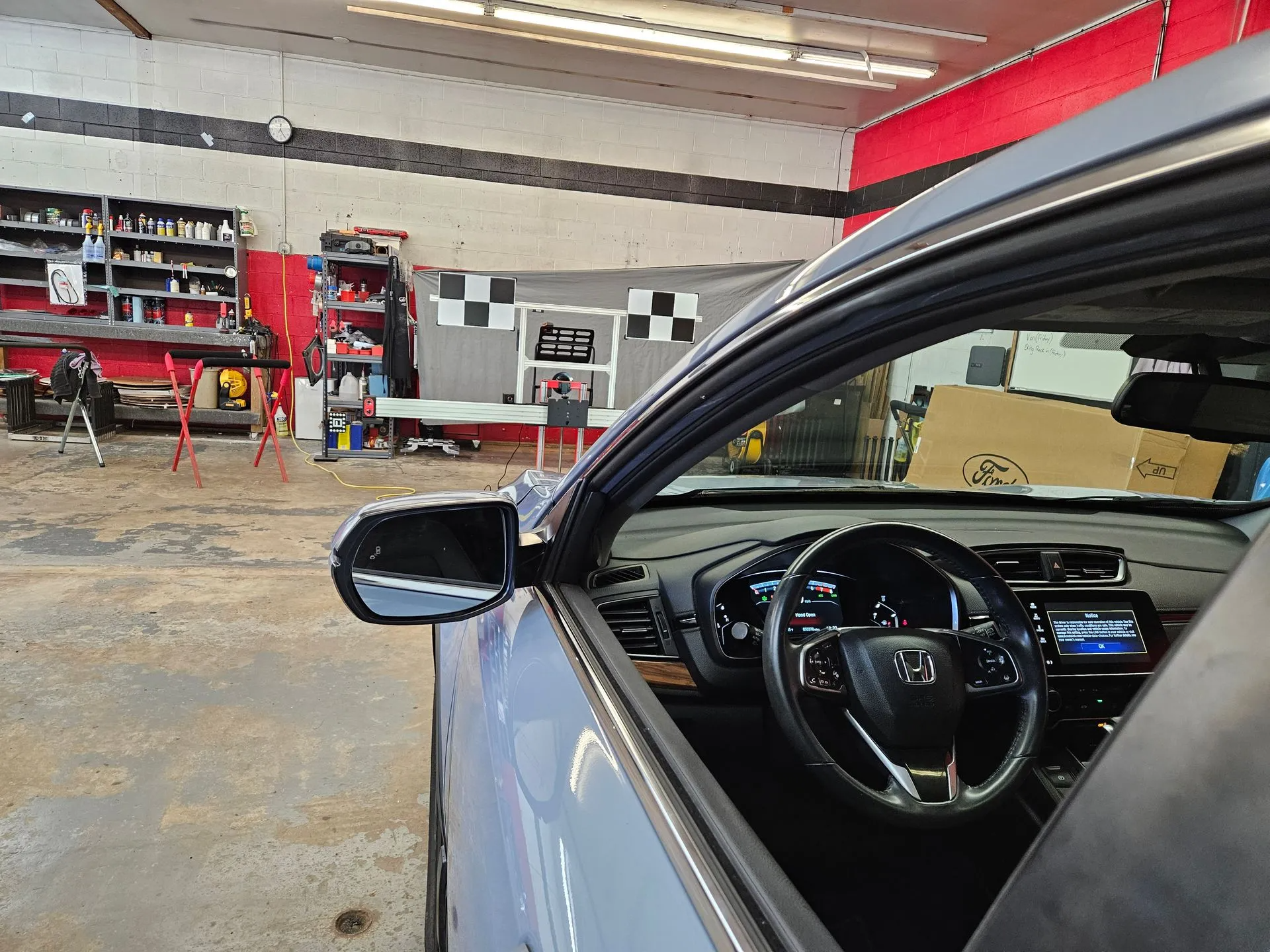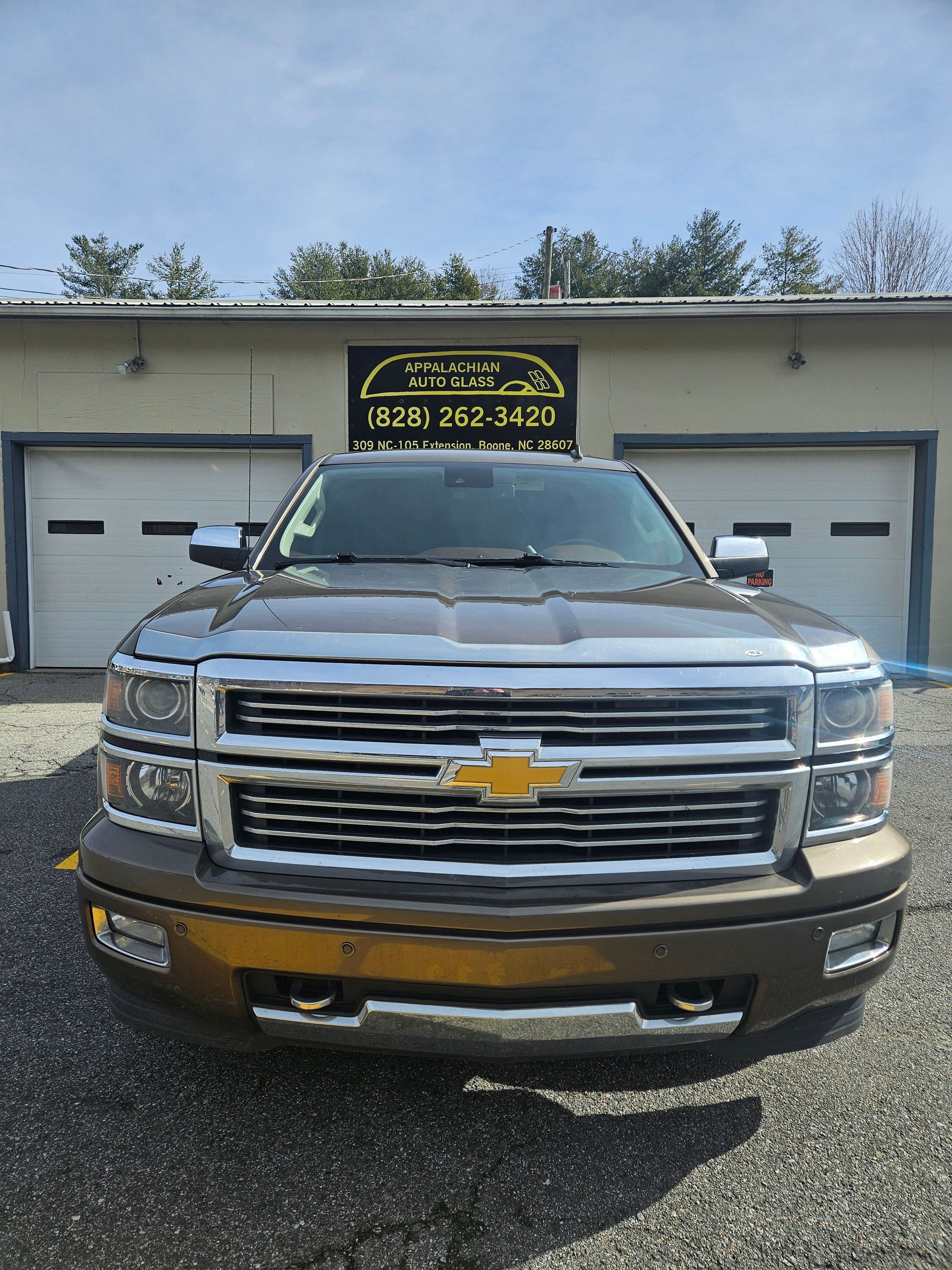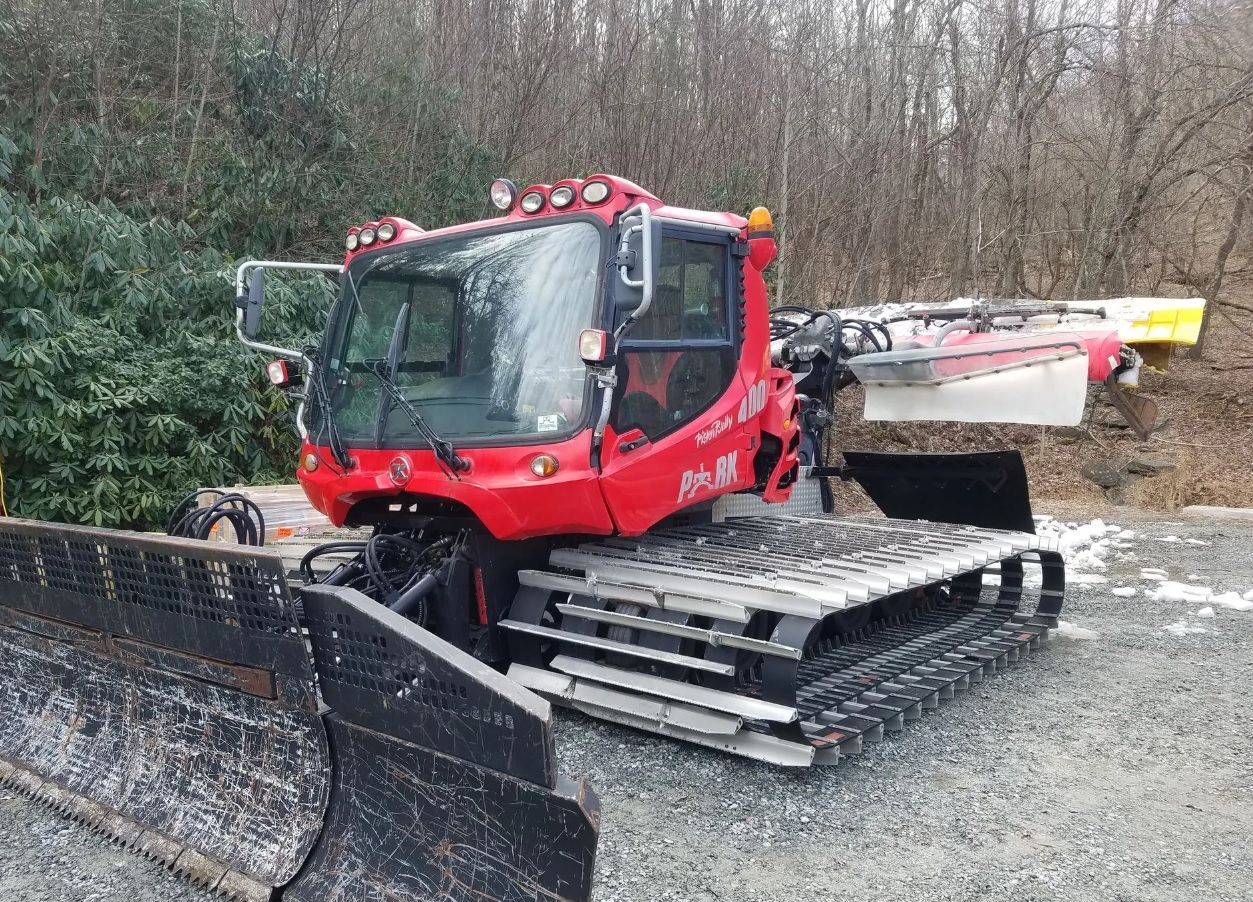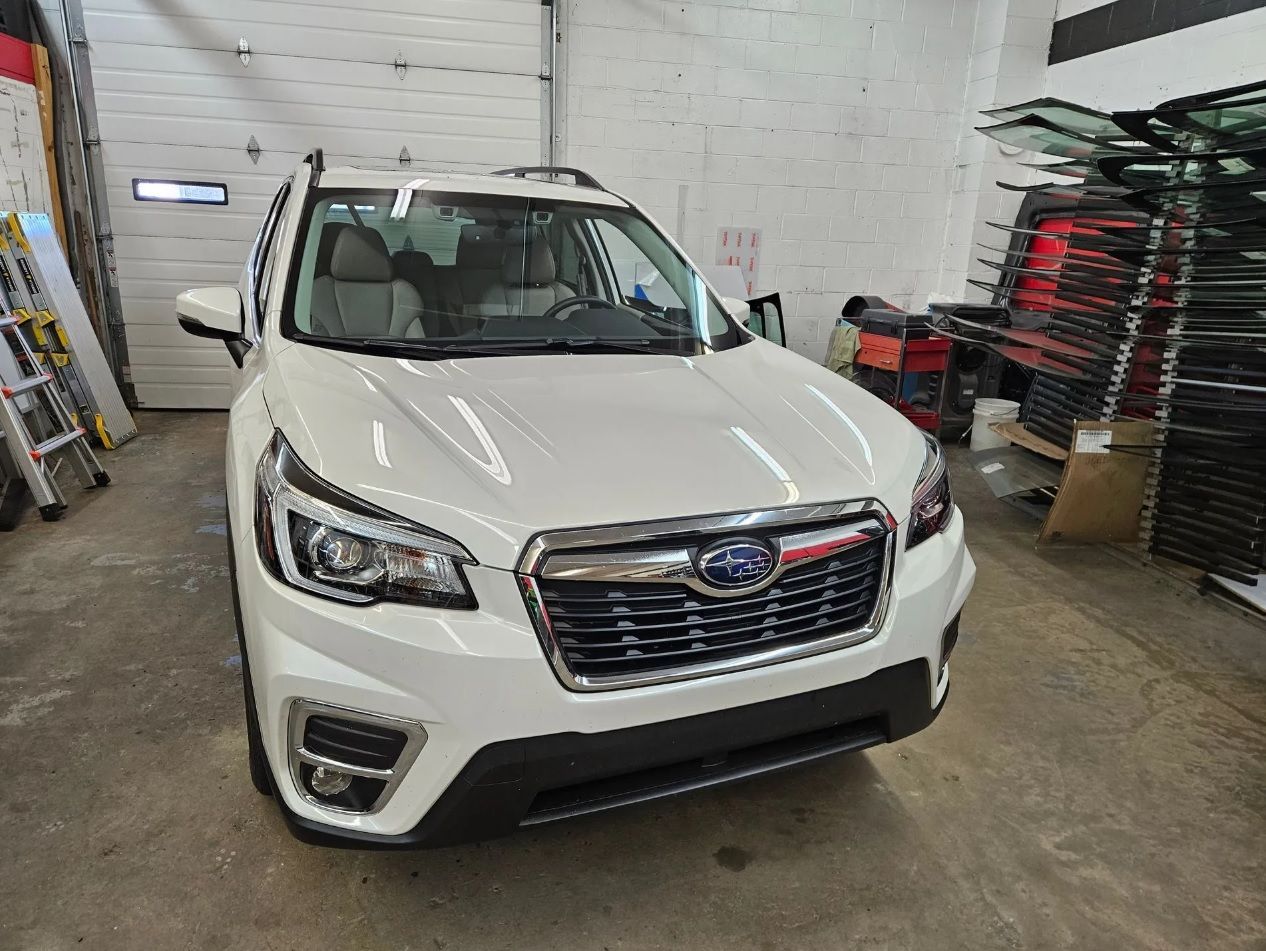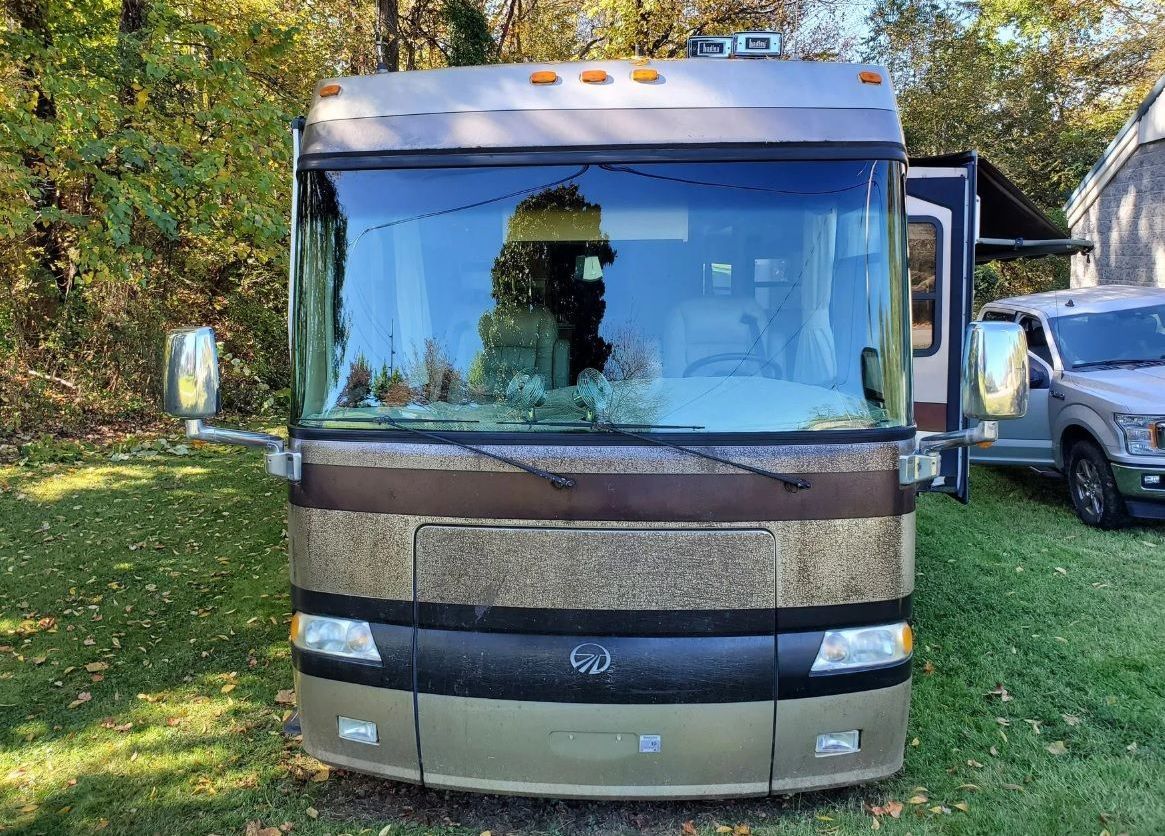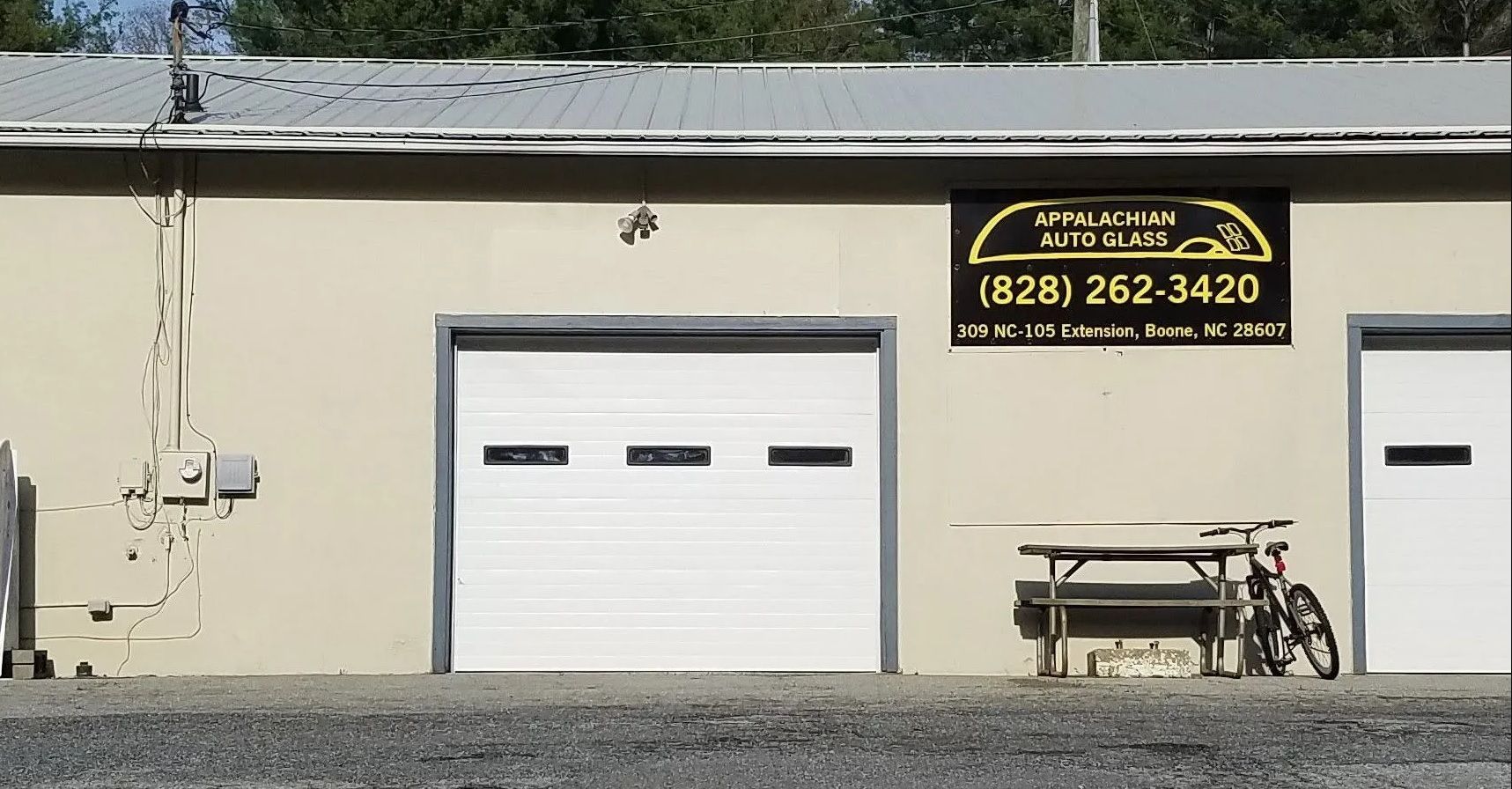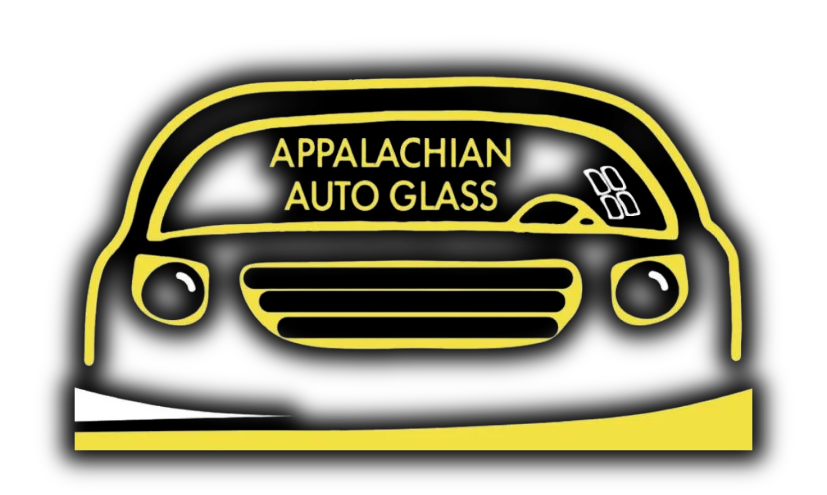Implementing a Fleet Auto Glass Maintenance Schedule: What You Need to Know
Auto Glass Maintenance Tips for Fleet Managers
Maintaining a fleet of vehicles is a complex task that requires careful planning and diligent execution to ensure safety, compliance, and cost efficiency. Among the various components that demand regular attention, auto glass — which includes windshields and other windows — plays a vital role in the structural integrity and safety of vehicles.
Proper auto glass maintenance is essential to prevent costly repairs, reduce downtime, and ensure drivers’ safety. This blog explores the importance of implementing a comprehensive fleet auto glass maintenance schedule and provides practical steps to do so effectively.
Why Auto Glass Maintenance Matters
Auto glass isn’t just a window; it’s a critical safety feature that contributes to vehicle integrity and driver visibility. Damaged or improperly maintained glass can compromise the vehicle’s structural safety, especially in the event of a collision. Additionally, chips and cracks can impair visibility, leading to driver distraction and increased risk of accidents. Neglecting auto glass maintenance can result in costly repairs, vehicle downtime, and potential safety hazards.
Furthermore, in many regions, fleet operators are required to comply with safety regulations regarding vehicle condition, including auto glass integrity. Regular maintenance can help ensure compliance and avoid penalties or legal issues.
Key Components of an Auto Glass Maintenance Schedule
Implementing an effective auto glass maintenance schedule involves systematic inspection, timely repairs, and preventive measures. Here are the essential steps:
1. Regular Inspection Intervals
Establish routine checks — monthly or quarterly, depending on fleet size and usage — to identify chips, cracks, or other damage. Inspections should cover all vehicles, paying particular attention to areas prone to damage, such as the windshield and side windows.
2. Immediate Repair of Damage
Small chips and cracks, especially those under six inches and not within the driver’s direct line of sight, can often be repaired quickly and cost-effectively. Establish protocols to address damages immediately after identification, preventing further deterioration.
3. Scheduled Replacement of Worn or Damaged Glass
When repair isn’t feasible, plan for the timely replacement of the glass. Maintain relationships with trusted auto glass specialists to expedite service and ensure quality replacements that meet safety standards.
4. Use of Quality Materials and Certified Technicians
Ensure all repairs and replacements utilize high-quality glass and adhere to safety guidelines. Certified technicians should follow industry best practices for installation to guarantee the longevity and safety of the repairs.
5. Record Keeping and Documentation
Maintain detailed logs of inspections, repairs, and replacements. This documentation helps in tracking vehicle maintenance history, ensuring compliance with regulatory requirements, and assessing overall fleet safety.
6. Employee Training and Awareness
Educate drivers and maintenance staff on the importance of auto glass care. Encourage them to report any damage promptly and to handle vehicles with care to minimize the risk of glass damage.
Practical Tips for Implementation
Integrate Auto Glass Checks into Routine Maintenance
Incorporate auto glass inspections into existing maintenance schedules for oil changes, tire rotations, and general inspections to optimize time and resources.
Leverage Technology
Utilize fleet management software that includes maintenance tracking features for auto glass. Digital alerts can remind teams of upcoming inspections or repairs.
Prioritize Emergency Repair Protocols
Develop clear procedures for handling urgent repairs, especially after incidents that cause glass damage. A quick response minimizes safety risks and prevents secondary damages.
Budget for Auto Glass Maintenance
Allocate financial resources specifically for auto glass repairs and replacements, ensuring quick turnaround without overextending budgets.
A comprehensive fleet auto glass maintenance schedule is not just a safety measure; it’s an investment in your fleet’s operational efficiency, cost savings, and regulatory compliance.
Does Your Fleet Need Auto Glass Maintenance in Boone, NC, or the Mountain City, TN Area?
If you manage a
fleet that operates out of
Butler or
Mountain City, TN, or the
Boone area of NC,
contact us at Appalachian Auto Glass. We’ve been helping local fleet managers run efficient and cost-effective fleet auto glass maintenance schedules for years. Plus, we offer a lifetime warranty on all workmanship.
